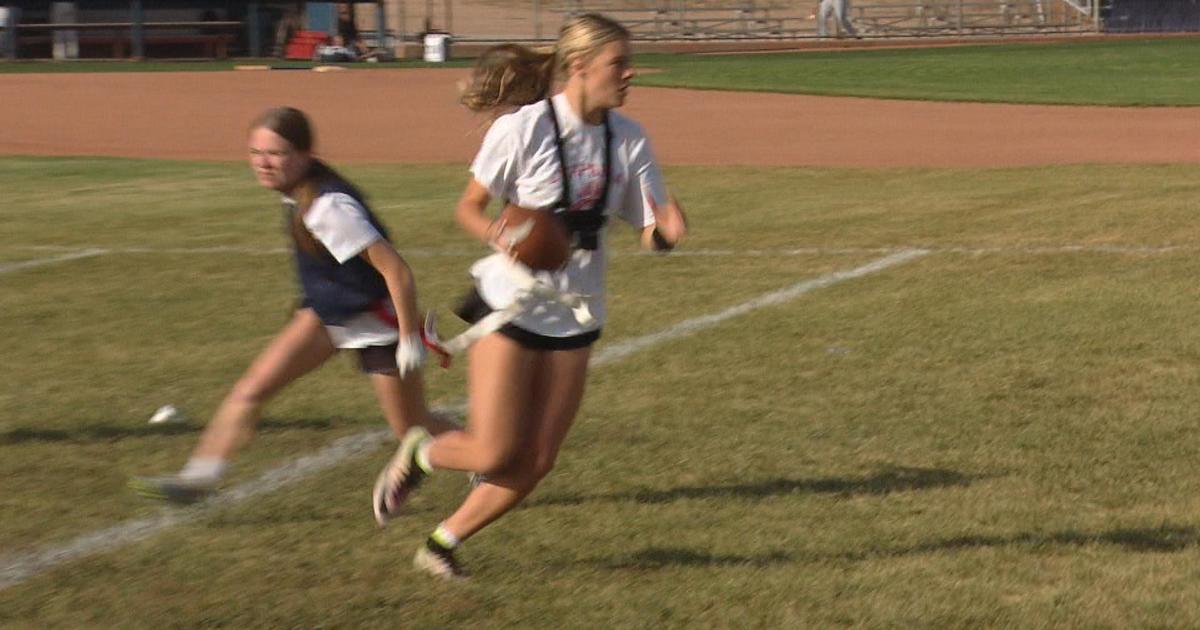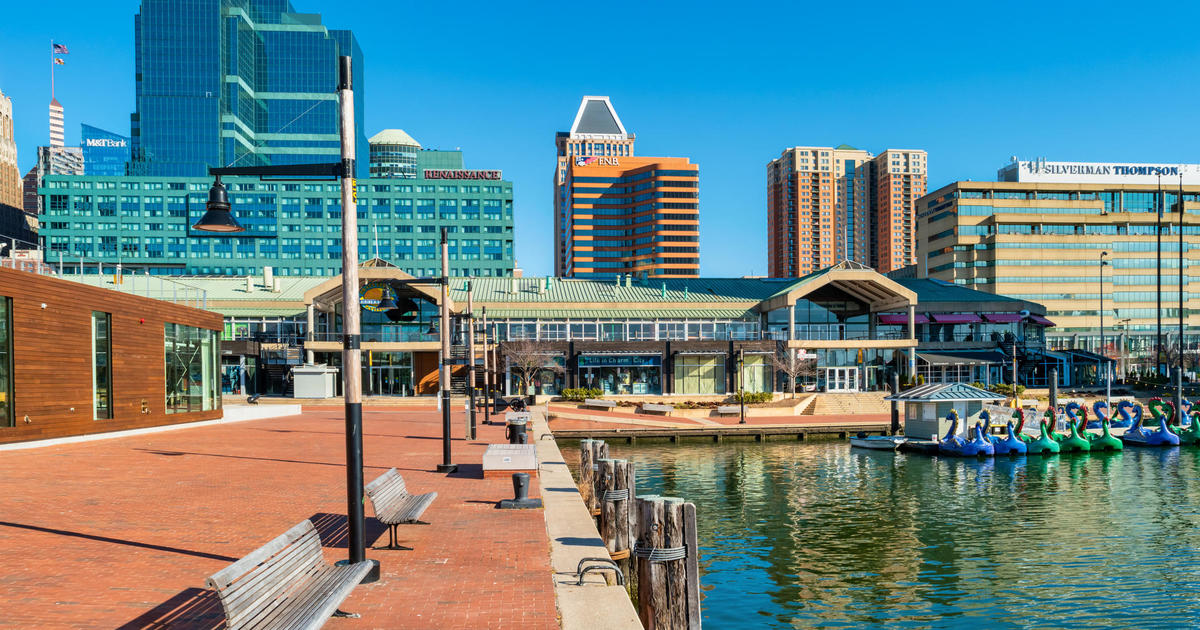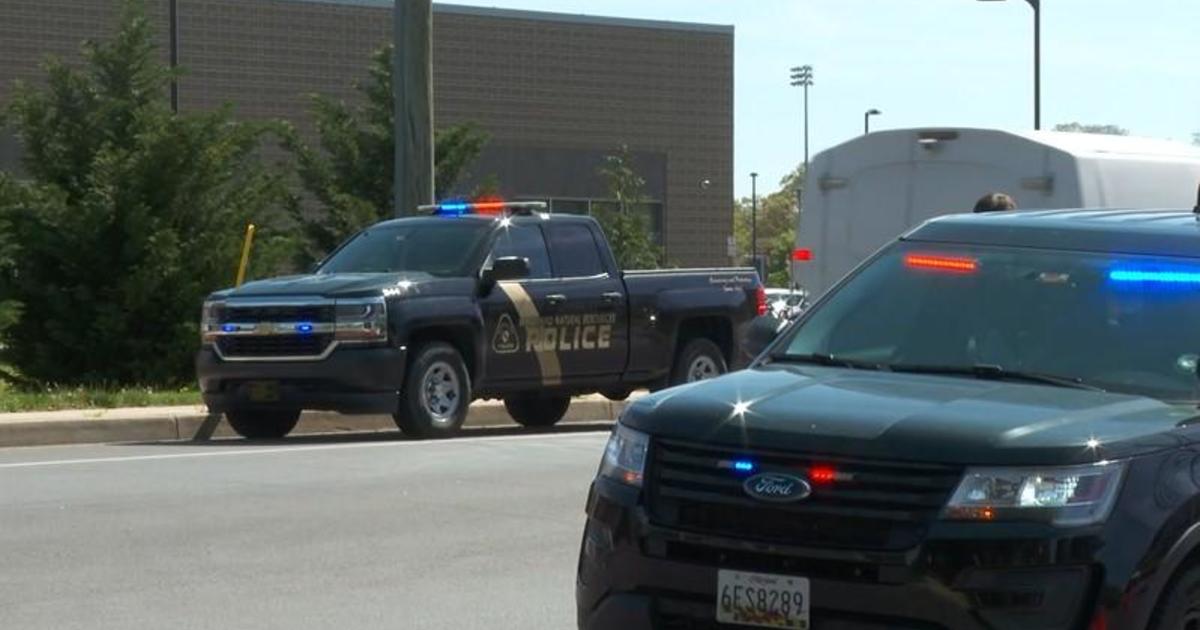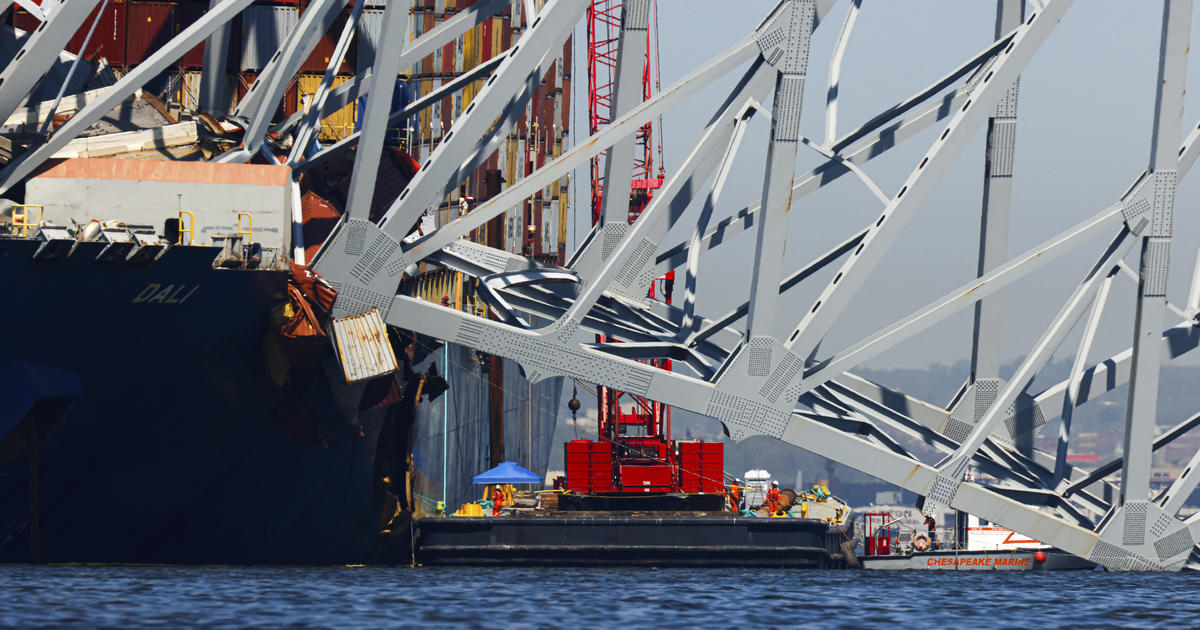Baltimore's Group Violence Reduction Strategy to expand to Southwestern District in early 2023
BALTIMORE - Baltimore Mayor Brandon Scott, and community leaders, announced the expansion of the Group Violence Reduction Strategy.
The strategy, which has been piloted in Baltimore's Western Police District since January 2022, will expand to the Southwestern district in the first quarter of the 2023 calendar year.
Later in 2023, the Central District and Eastern District will follow, before the strategy is ultimately scaled citywide by mid-2024.
According to the Mayor's Office, since launching the pilot demonstration, the Western District has seen a 33.8 percent, year-over-year decrease in both non-fatal shootings and homicides, ranking it as the least violent among other historically chronically violent districts in the city (including the Eastern, Southern, and Southwestern).
"From the beginning, we have been focused on strategically scaling up our GVRS efforts so that we can produce sustained results in the areas of our city that have historically had the highest rates of violent crimes," Baltimore Mayor Brandon Scott said. "Thanks to the tremendous impact that we have seen in the Western, we stand confident that we will see similar effects in the Southwest, and eventually across the City.
"Baltimoreans deserve strategies that simultaneously deliver results and break the cycle of violence that continues to plague our communities by treating its root causes while also holding those who perpetrate violent crimes accountable. I am proud of the groundwork MONSE, BPD, and the State's Attorney's Office have laid in the Western and look forward to expanding into more of Baltimore."
According to City leaders, Baltimore's Comprehensive Violence Prevention Plan (CVPP) identifies GVRS as a key component of Mayor Scott's dual, integrated violence prevention approaches.
The strategy's goal is to address the norms perpetuating violence in Baltimore by focusing resources on individuals identified as being at the highest acute risk of involvement in gun violence.
The approach facilitates direct, sustained engagement with a small number of group-involved individuals who are the most likely to be the victim or perpetrators of violence.
Where necessary, GVRS creates swift, certain, and legitimate accountability for violence, meaning people who continue to engage in violent activity after being engaged by the strategy will face immediate consequences," the Mayor's Office said.
As of December 6, the program has conducted 132 custom notification referrals, where Baltimoreans identified as being at risk of perpetrating or falling victim to gun violence are contacted by MONSE staff members, law enforcement, and community members to accept services including but not limited to life coaching, housing assistance, employment, emergency relocation, and cognitive behavioral therapy. 71 participants have accepted services.
"We have taken the time to ensure this iteration of focused deterrence delivers on the balanced promise of opportunity and consequence,'' said Shantay Jackson, Director of the Mayor's Office of Neighborhood Safety and Engagement. "The impact of employing community moral voices and service provision in driving down gun violence in the Western District is undeniable. By now scaling up GVRS, Mayor Scott continues to demonstrate his commitment to violence reduction through a public health, community-based lens."
Mayor Scott detailed plans to scale up the strategy first into the Southwestern District by Q1 of 2023, following months of analysis conducted by the strategy's national technical advisors.
Southwestern was selected as the next expansion district because of the levels of gun-related homicides and non-fatal shootings, connectivity and proximity to Western District violence dynamics, and managing resource capacity.
Since 2022, the Southwestern has reported 349 homicides and non-fatal shootings.
After redistricting takes effect in January, the Southwestern is projected to account for 16 percent of the citywide gun violence total. It also borders the Western and houses critical resources essential to the successful implementation of the strategy including two District Action Team (DAT) squads and a Baltimore Community Intelligence Center (BCIC).
"The GVRS strategy resulted in sharp decreases in both homicides and non-fatal shootings in our most historically violent district – the Western," said Baltimore Police Commissioner Michael Harrison. "It's a true testament to the hard work and efforts of all who were part of the pilot program that we are now able to take what we've learned and apply it to other areas of the city. As we expand into the Southwestern District, I'm optimistic that this comprehensive violence reduction strategy will continue to provide promising results."
Mayor Scott announced that the Central District will be the second expansion district by Q2 of 2023. After redistricting takes effect in January, the Western, Southwestern, and Central Districts combined will account for an estimated 40 percent of citywide homicides and non-fatal shootings.
Building from the strength of the Western District pilot, the projected GVRS citywide expansion timeline is as follows:
- Southwestern - Q1 of 2023
- Central - Q1/Q2 of 2023
- Eastern - Q3 of 2023
- Southern - Q3/Q4 of 2023
- Northwestern and Southeastern - Q1/Q2 of 2024
- Northern and Northeastern - Q2 of 2024
To ensure quality implementation of GVRS across districts, the Scott Administration and technical advisors are measuring minimum capacity benchmarks for each of the Strategy's four main components: shooting reviews, direct communications, intensive life coaching, and strategic enforcement.




